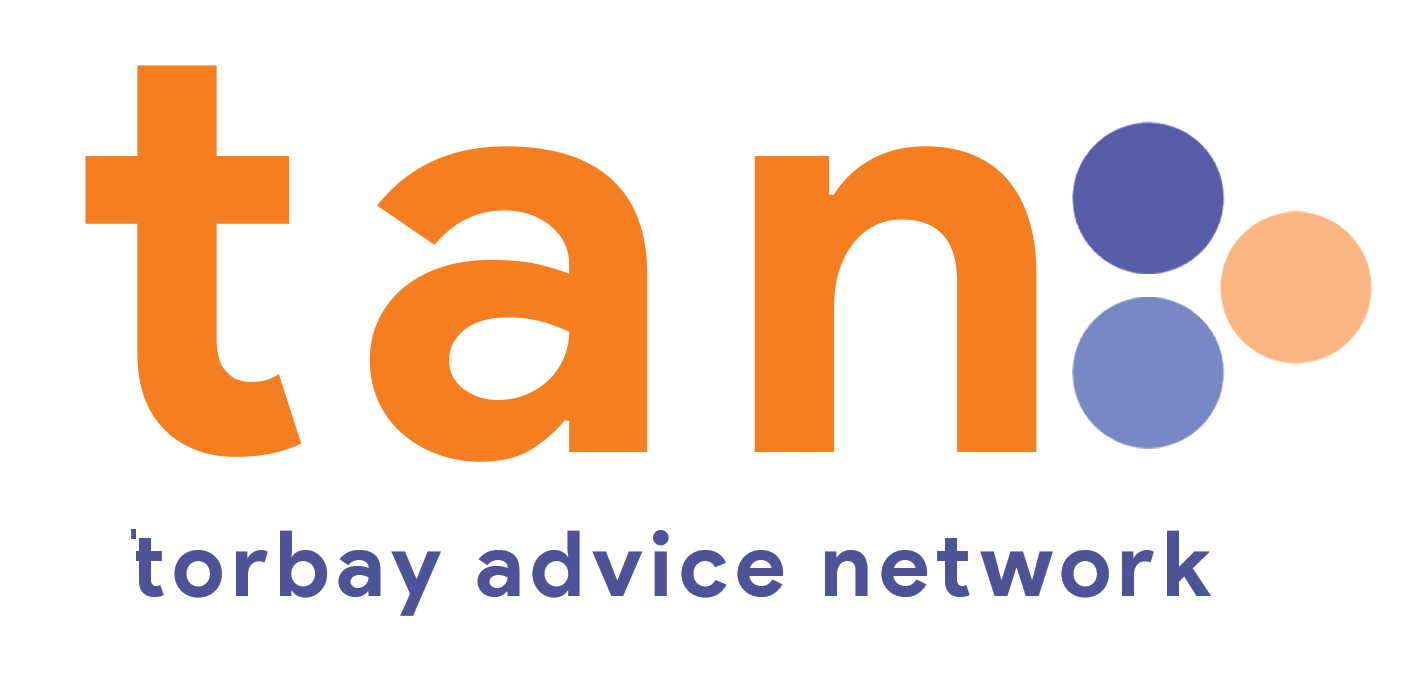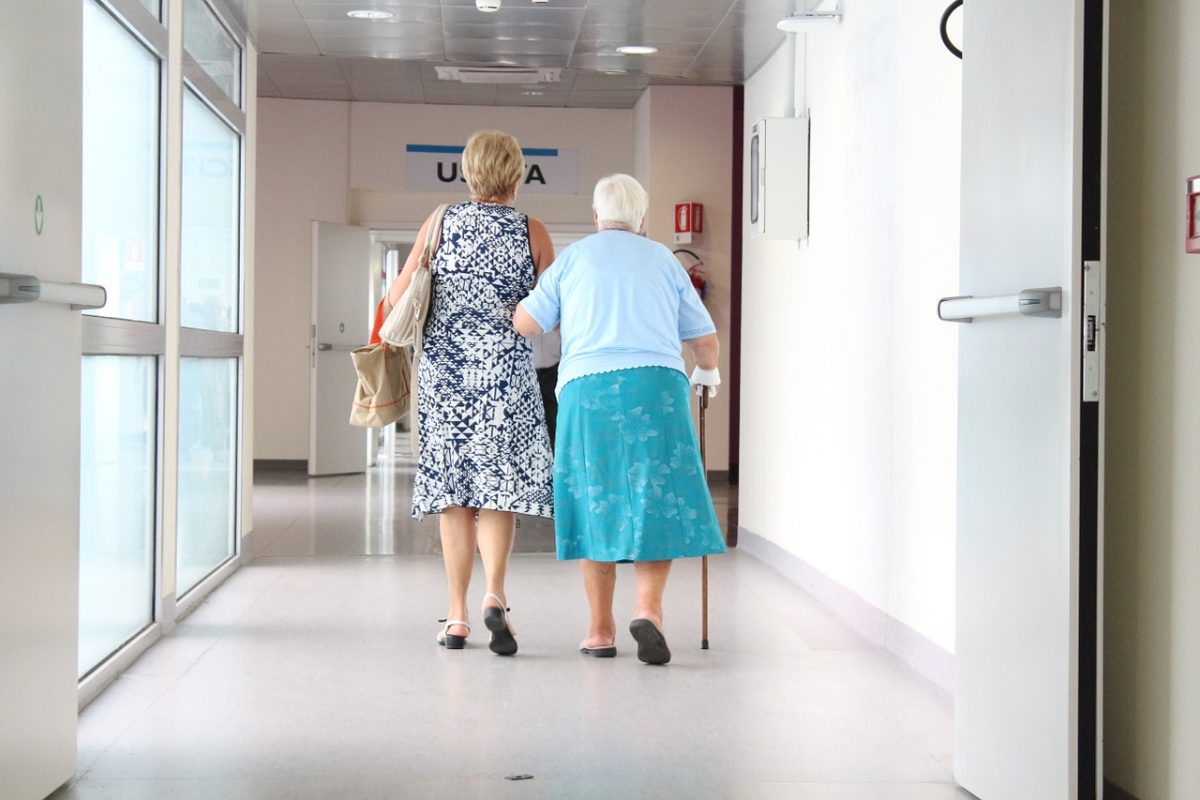What has been the impact of universal credit on incomes and work incentives? What challenges remain for the next government? The introduction of universal credit (UC) has been the most […]
In this Spotlight we look at the impact of spending, tax and benefit decisions taken since 2010 through the lens of intergenerational fairness. What stands out in this context is the increase in the generosity of the State Pension, which has led to a £44 billion increase in spending, benefiting older age groups. By contrast, working-age households have seen benefits cut. And although recent cuts to National Insurance (NI) have offset the extent to which policy decisions have tended to favour older age groups, it is clear that households with children have been left worse off by tax and benefit changes made since 2010.
Spending on social security as a share of GDP has risen slightly since the financial crisis, but the system in Great Britain has undergone profound change over the same time. Large-scale structural reforms have fundamentally altered the system’s rules for working-age families, while working-age benefits have been both cut back and then not fully indexed in line with inflation. In contrast, support for pensioners has been not just protected but bolstered.
The cost of living is the most important issue for many voters this election. It’s no surprise why. In 2022, nearly 4 million people in the UK experienced destitution, meaning they could not meet their basic physical needs such as having enough to eat and staying warm.
The UK’s social security system is failing in its core purpose to prevent poverty. And yet the Conservatives have promised more crackdowns on welfare, with the prime minister linking this with his pledge to lower taxes.
The disability benefits system is broken. It has not adapted to a world where disability and ill health are more prevalent, and more complex in terms of the variation of impact on people’s lives or the support that could help. Despite rising caseloads, disabled people, and people with long-term health problems, are too often not getting the support they need.
The benefits bill is frequently the subject of intense political debate. But since the pandemic, working-age health-related benefits have moved centre-stage in these discussions, as policy makers aim to understand what sits behind the historical rise in claims, and to contain future pressures too. In this briefing note – part of our Election 2024 work but also the first from a new Resolution Foundation research programme examining how disability, ill-health and the economy intersect – we investigate trends in working-age disability and incapacity benefits, asking what really sits behind the numbers that are understandably causing concern in Britain today.
Almost half of England’s population is male, yet inequalities in men’s health seldom get specific attention. The women’s health strategy for England shone a light on the health care needs of girls and women through their life course, highlighting areas specific to their health – such as maternity and the menopause – and inequalities in health outcomes. But the wide, and widening, health inequalities experienced by men also require focus.
Millions of unpaid carers across the UK provide support to a family member, friend or neighbour due to a disability, illness or frailty due to old age. Yet a majority of unpaid carers have no choice but to take on a caring role. While providing unpaid care can be rewarding, it also comes with significant negative impacts on carers’ lives.
We know tackling health inequalities is what motivated many leaders to step into integrated care system (ICS) hotseats. But was it worth it? A recent flurry of surveys and studies are starting shed some systematic insight on that question and in particular how ICSs are allocating resources to tackling health inequalities, and what they are actually focusing on.
With NHS finances likely to feature in various debates about the health service ahead of the general election, we know that NHS expenditure in England increased on average by 3.1% a year in real terms between 2013/14 and 2023/24 – a rate that was around half a percentage point slower than the long-term average. But how were these annual funding increases shared between different NHS services? Sally Gainsbury and Sophie Julian explore further.


